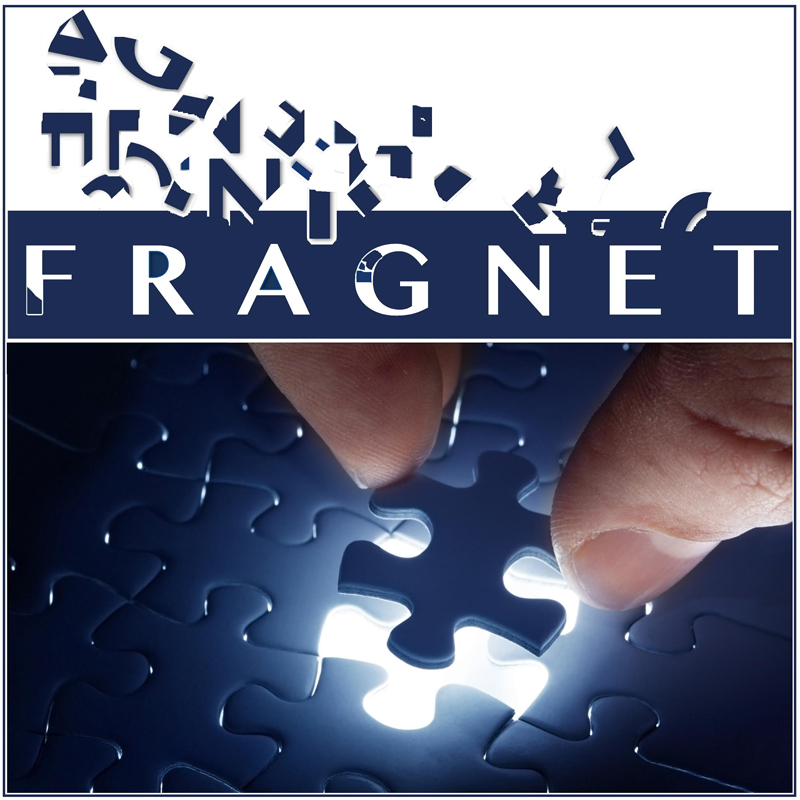ESR4: Development of FBLD techniques for Intrinsically Disordered Proteins
Host: Vernalis Research, UK (PhD enrolment at University of York)
Industrial supervisor: Dr Ben Davis (Vernalis Research)
Researcher: Darius Vagrys
Download the full description of this project: ESR4: Development of FBLD techniques for Intrinsically Disordered Proteins
Synopsis
FBLD technologies are continuously being improved to capture new opportunities. ESR4 will explore Intrinsically Disordered Proteins (IDPs) and Intrinsically Disordered Regions (IDRs). The significance of these proteins has recently become apparent. This project will begin to evaluate the possibility of using FBLD to develop small molecule ligands that bind to IDPs and IDRs, and modulate their folding and function.
Objectives
1. Evaluate literature studies of ligands binding to intrinsically disordered proteins (IDPs).
2. Identify suitable IDP test system(s) with tractable expression, purification, stability and behaviour in aqueous solution.
3. Evaluate and develop fragment based screening (FBS) methods to identify fragments which bind to the IDP.
4. Validate and evolve initial fragments to show enhanced potency and characterise response of IDP to these ligands.
Approach
A number of IDP-‐ligand interactions have been identified in the literature, and assessment of these will provide both a key initial dataset and a valuable training in the biophysical techniques and approaches used to study protein-‐ligand interactions. Evaluation of the suitability of one or more IDPs for FBLD approaches will also provide a robust dataset, since any outcome will be of interest. Once the experimental methodology has been tested on the literature IDP systems, they will applied against one or more tractable IDP or IDR systems, identified either from the literature or through collaborations (for example, with research groups at the University of York who are investigating the structural biology of disease-‐related IDPs). The experimental methodology will then be extended to screen low affinity fragments for binding to this tractable IDP system, and to characterise the structural and kinetic basis for observed fragment: IDP interactions. Fragments which are determined as validated ligands for the IDP will then be explored through well-‐described FBLD evolution strategies, such as near neighbour analysis and template morphing, in order to enhance the affinity of the ligand: IDP interaction and if possible to characterise the response of the IDP to ligand binding
Qualifications
An MSc degree in Chemistry, Biochemistry, Biophysics or Molecular Life Sciences is required. Expertise in protein expression and/or protein biophysics is required, along with a keen interest in the protein folding and molecular interactions. The ability to work independently as part of a small team is essential, along with strong communication and interpersonal skills. Previous experience of NMR would be an advantage.
Key publications
1. Tompa et al. 2015 Curr. Opin. Struct. Biol. 35, 49–59.
2. Follis et al. 2008 Chem. Biol. 15, 1149–55.
3. Krishnan et al. 2014 Nat. Chem. Biol. 10, 558-66.
Other projects
- ESR1: 3D Fragments with small aliphatic rings – David Hamilton
- ESR2: Novel 3D fragments – Hanna Francesca Klein
- ESR3: Warhead Library of Covalent Fragment Binders – Aaron Keeley
- ESR5: Biophysics Based FBLD – Sébastien Keiffer
- ESR6: FBLD experimental methods – Edward Fitzgerald
- ESR7: Understanding PDE binding kinetics – Pierre Boronat
- ESR8: Virtual Screening of Fragment Libraries of Covalent Binders – Andrea Scarpino
- ESR9: Fragment evolution platform – chemical navigation – Moira Rachman
- ESR10: Fragment evolution platform – molecular simulations – Maciej Majewski
- ESR11: Fragment-based approaches to identify novel PPI inhibitors – Lorena Zara
- ESR12: Covalent fragments to activate industrial enzymes – Eleni Makraki
- ESR13: Fragment-based assessment of new antibiotic target – Bas Lamoree
- ESR14: Targeting allosteric pockets with FBLD – Lena Münzker
- ESR15: Science, Business & Innovation in the pharmaceutical sciences – Angelo Kenneth Romasanta
Contact details
Please contact us at:
info@fragnet.eu
FRAGNET Coordinator
VU University Amsterdam
The Netherlands
Funded by
 Marie Curie Actions
Marie Curie Actions
 EU Horizon 2020
EU Horizon 2020
 European Union
European Union

